Let’s start with the basic premise that you love your kid. Let’s also recognize that if you are raising a kid (or kids!) with ADHD and other challenges, parenting is hard. The frustrations and worries one has as a parent of a neurotypical kid is multiplied by 1000.
As loving parents, we try our best. We not only make sure that our kids have what they physically need, but we also work hard to nourish their self esteem. We praise them. We spend time with them. Some of us even volunteer on teams and in classes, to show them how much we care.
But…somehow, our kiddo still thinks they stink. And still has a completely messy room, and flips out when we ask them to start their homework, or get ready for hockey practice.
Why?? Why are they not getting the message that we are sending, that they are just the greatest?
I am going to quote one of my mentors, and the founder of the Chaos Free Family program (for which I am an affiliate), Mary Smith, and talk about “leaking negativity.”
When we think about negative reinforcement, we tend to go to punishment, yelling, or even physical consequences. And so if we aren’t employing those tactics, we think we are not engaging in negative reinforcement, right?
Guess again.
There are other more subtle disciplinary tactics many parents employ that are pounding our kids with negative messages that impact your child’s self esteem, and, as you’ve probably seen, aren’t effective in changing your child’s behavior.
Here’s an example of “leaking negativity.” Your child played in their softball game. They had a decent game, although if they had practiced their skills with you between games, as you’d suggested, they might not have missed that ground ball in the second inning. So you tell them how great they played, praise them about all of their highlights-and then, in an effort to help them improve their level of play, you mention that if they’d only practiced more, they could’ve played even better.
“What’s wrong with that?” you say. “I just want to help my kiddo be the best they can be!”
Here’s the issue. Your positive message is followed by “this is what you did wrong.” Your child will come to expect that, so that the impact of the positive message is completely wiped out; in fact, when they hear praise, they are just waiting for the other shoe to drop. No matter how well you tell them that they performed, they will only hear what they did wrong, from you-not their coach, but the person who is supposed to be their biggest supporter.
It’s no wonder they dawdle when it’s time to get ready to go to the ballpark.
It’s important to recognize that many of the ways in which we discipline our kids are negative reinforcers. And that emphasis on negativity can snuff out the ability of the brain to recognize positive reinforcement, causing the reward circuit to weaken, and motivation to decrease.
And your kid’s self esteem to plummet.
So let’s watch out for “leaking negativity.” It’s a sneaky little devil-and our kids deserve to have it removed from their lives.
For more information on leaking negativity, positive reinforcement, and ways to help you have a Chaos Free Family, reach out to me here for a Discovery Call: https://calendly.com/constellationadhdcoach/30min

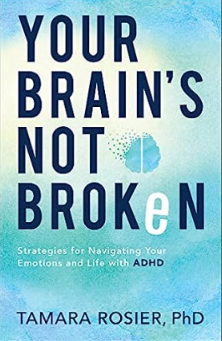 Your Brain’s Not Broken – Tamara Rosier
Your Brain’s Not Broken – Tamara Rosier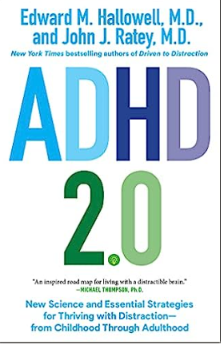
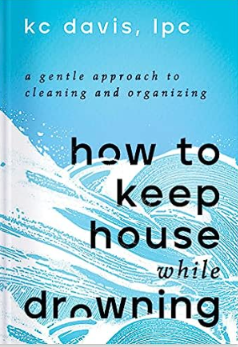 how to keep house while drowning – KC Davis
how to keep house while drowning – KC Davis 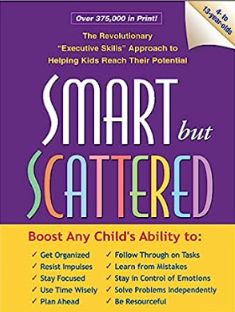
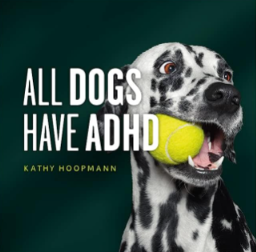 All Dogs Have ADHD – Kathy Hoopmann
All Dogs Have ADHD – Kathy Hoopmann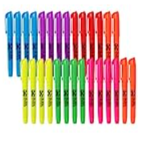 Mr. Pen Highlighters
Mr. Pen Highlighters 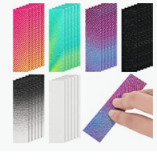 Textured Tactile Adhesive Sensory Strips
Textured Tactile Adhesive Sensory Strips 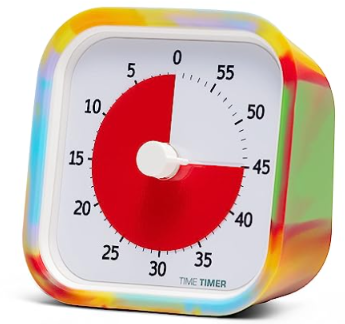 The Time Timer
The Time Timer
 Uppower Essential Oil Diffuser
Uppower Essential Oil Diffuser Radha Lavender Essential Oil
Radha Lavender Essential Oil